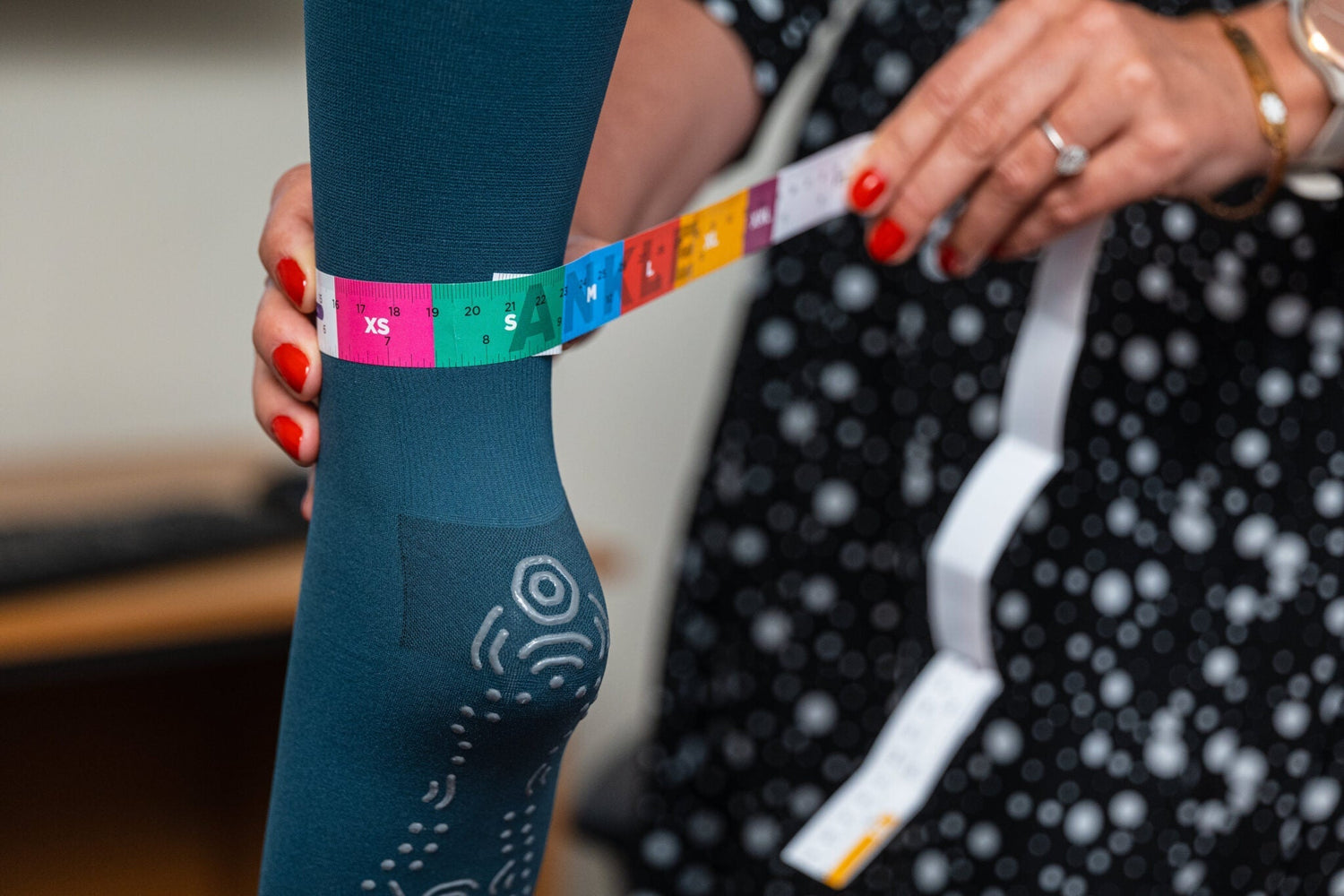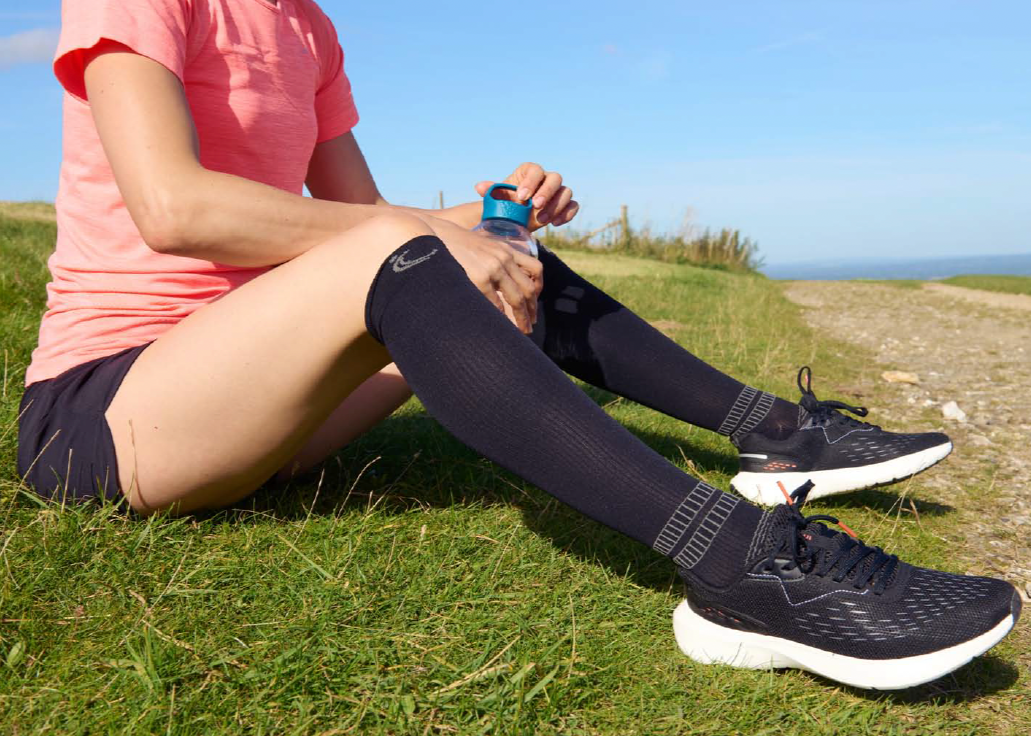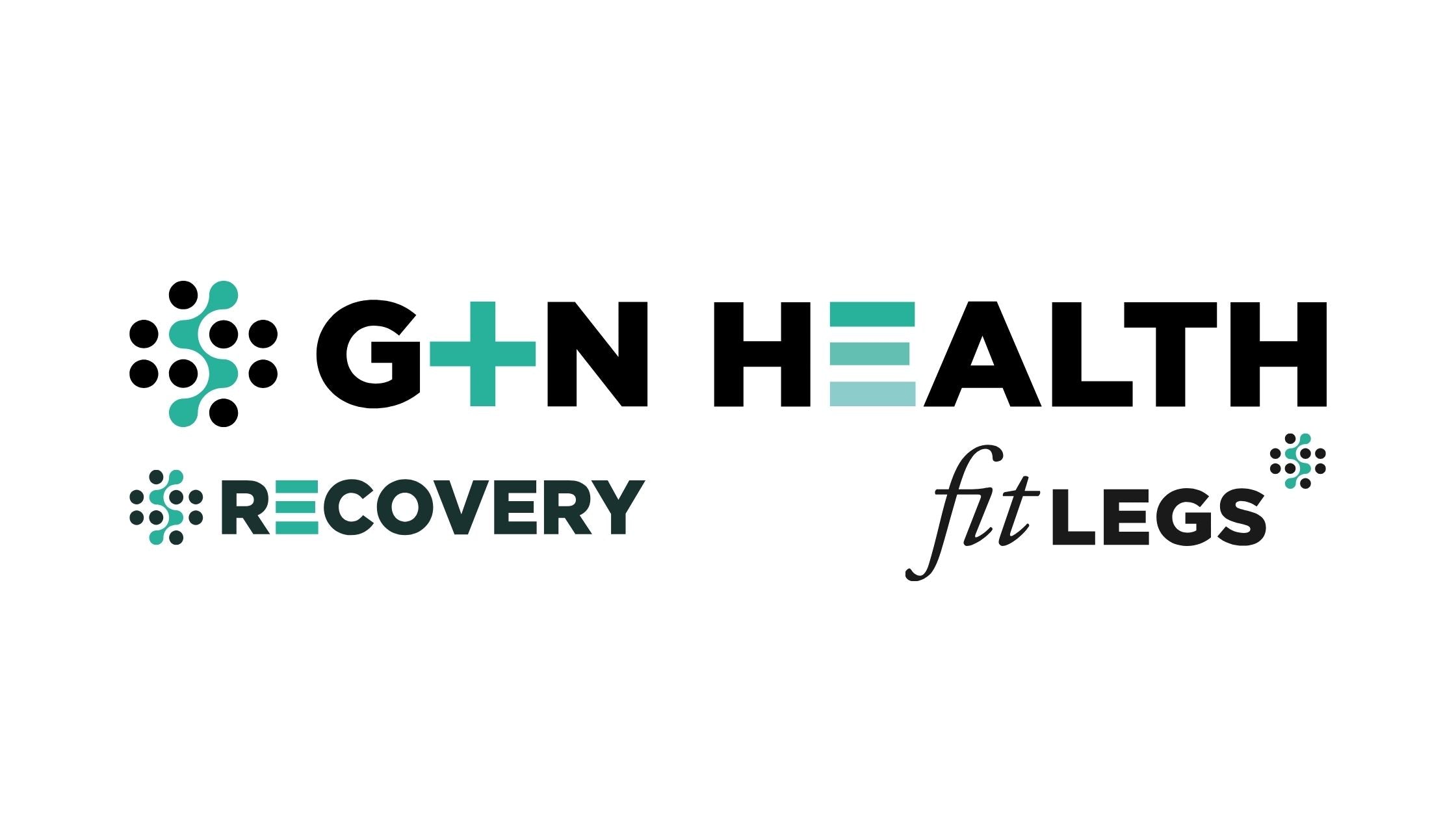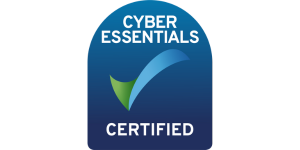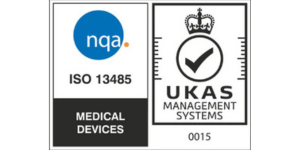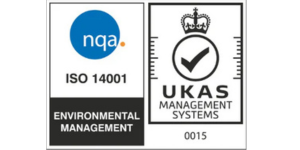Compression socks and stockings can be used to help prevent and manage a range of conditions. Everything from DVT to delayed onset muscle soreness, or swelling to pregnancy discomfort can benefit from wearing compression socks. Even if you just work on your feet all day, you’ll probably notice less pain and discomfort by the end of your shift.
But what about compression socks for varicose veins? Can they help prevent or manage them? What level of compression should you look for? How long should you wear them?
Well, this guide explores what varicose veins are, how they’re caused, and whether wearing compression socks and stockings can help. Spoiler alert… they can!
What are varicose veins?
Varicose veins are swollen and twisted veins that appear under the skin, often in the legs. While they’re not usually serious, they can be uncomfortable and unsightly, looking like bumps and bulges under your skin. They may also turn a dark purple or blue colour, which can make people self-conscious and alter what they wear.
Some people only notice the superficial signs of varicose veins, but for others, they may feel some or all of the following symptoms:
- Itching, burning or discomfort around the veins
- Swelling or throbbing in the legs
- Leg aches and pains
- A heavy feeling in the legs
- Nighttime cramps
In more severe cases, varicose veins can present alongside ulcers and infections which could be a sign of a more serious underlying vascular insufficiency and should be checked by a medical professional.
What causes varicose veins?
There is no single cause of varicose veins, but factors such as genetics, lifestyle, gender, natural aging and DVT can all contribute. Those who are female, overweight, smoke, are pregnant, spend a long time sitting or standing can also be more at risk, as can older people, such as women during and after menopause. When blood can’t be circulated back around the body, through conditions like high blood pressure, weakened vascular walls or incompetent valves, blood may flow in the reverse direction, which can play a part in causing them to bulge and twist.
If you think you have developed varicose veins, it’s essential to talk to a doctor to get a proper diagnosis, and ensure there are no other, more serious issues at play.
Preventing and treating varicose veins
There are plenty of things you can do to help prevent and treat varicose veins, many of which are lifestyle related. It’s important to eat a healthy diet, maintain a healthy weight, and exercise regularly.
You can also do things like making sure you don’t sit down or stand up for too long, rest with your legs elevated, and wear compression socks or stockings during the day. All of these can help the blood circulate around your body, reducing the long-term chances of developing varicose veins.
Do compression socks help varicose veins?
Yes, compression socks and stockings can help you prevent and manage varicose veins. If you’re planning on wearing them daily, choose something from our Everyday Life Compression Sock range. These come in light compression levels of 14-17 mmHg, and are ideal for wearing the same way as you would a regular sock. They’re comfy, are available in a range of styles, and can be worn all day.
If you’ve been diagnosed by a doctor, you may need specialist, medical compression socks for varicose veins. Our AES or FITLEGs 2 range of compression socks and stockings feature higher compression levels to help improve circulation and manage a range of conditions.
Our AES range has a low-to-medium compression level of 18mmHg, so they’re still comfortable enough to wear for longer periods. On the other hand, FITLEGs 2 medical compression socks and stockings are designed for specific uses and have compression levels between 23-32 mmHg.
While our Everyday Life range can be worn safely by most people, medical compression socks need to be worn under supervision and direction from a medical professional. Our Everyday Life and AES range of compression stockings can be purchased over a counter and do not require a prescription. That said, if you have any ongoing medical issues, including cardiovascular conditions, you must consult your doctor before wearing any compression garments.
How long should you wear compression socks for varicose veins?
Your doctor will be able to give you proper guidance, but generally, you should wear your varicose veins socks during the day and take them off at night to sleep. If you have any feelings of discomfort, tightness or tingling, or skin irritation, stop wearing them and consult a medical professional.
The case for compression socks
Compression socks and stockings are a comfy, easy and effective way to keep your legs feeling their best, regardless of whether you’re managing varicose veins or just staying ahead of it. They boost circulation, ease swelling, and help ward off discomfort, making them ideal for both medical use and everyday comfort.
Available in a range of styles and compression levels, explore our range of compression socks and stockings today.
